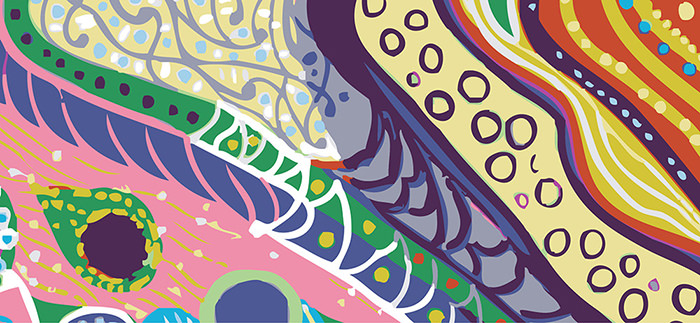 International- and regional-level advocacy for SDGs
International- and regional-level advocacy for SDGs  National- and local-level advocacy for SDGs
National- and local-level advocacy for SDGs
Case study: Georgia and international advocacy for SDGs
The VNR process ideally offers space for Major Groups and Other Stakeholders (MGoS) to ask questions to the member state under review. Previously, the VNR countries would answer these questions verbally during the session. Due to the fully virtual nature of the HLPF 2020 in response to the COVID-19 pandemic, the VNR countries were presented with the option to receive and respond to the MGoS questions in written form.
As Georgia was one of the HLPF 2020 VNR countries under review, Association for Farmers Rights Defense (AFRD, representing MGoS) asked these questions to Georgia:
“How do we balance between using COVID lessons to recover current and further crises and at the same time to go green, innovations, circular, Inclusive and Blue economy, while trying to keep them competitive providing the Civil Society participatory approaches? In regard to the government policies to promote Rural Youth Entrepreneurship, Rural Women and smallholder Farmers’ support in developing countries, which Food Systems and Business Models are more effective and sustainable should be focused on? What strategies will you propose for efficiency measures in Supporting Rural Communities, Gender, Youth for greater profitability resilience of Social Infrastructure and the role of subnational & local governments, today and in the future, assuring the importance of nature conservation, Farmer’s Rights, Advocacy and Sustainable development?”
The government of Georgia replied to the questions in written form as well. In its response, Georgia lists many of its preventive and restorative measures against the impact of the COVID-19 pandemic in their country. However, there is no mention of specific programs or plans for women farmers or youth, as was asked by civil society. Concepts such as ‘green’, ‘blue’, ‘inclusive’, and ‘circular’ economy should also be interrogated to ensure that the details of these kinds of economic plans substantively advance women’s human rights and gender equality, rather than masking a continuation of the status quo.
While the answers do not reflect the specificity of the questions, this process nevertheless provides important data to the CSOs in Georgia working on these issues. Even the absence of information on women- and youth-specific measures is useful to advocate for the development and implementation of these programmes at the national and local levels. Furthermore, it creates an opportunity for the government to get to know the CSO and its work, if they have not done so already. If the established contact can be continued, this could turn into opportunities for cooperation between the CSO and the state.
 International- and regional-level advocacy for SDGs
International- and regional-level advocacy for SDGs  National- and local-level advocacy for SDGs
National- and local-level advocacy for SDGs

